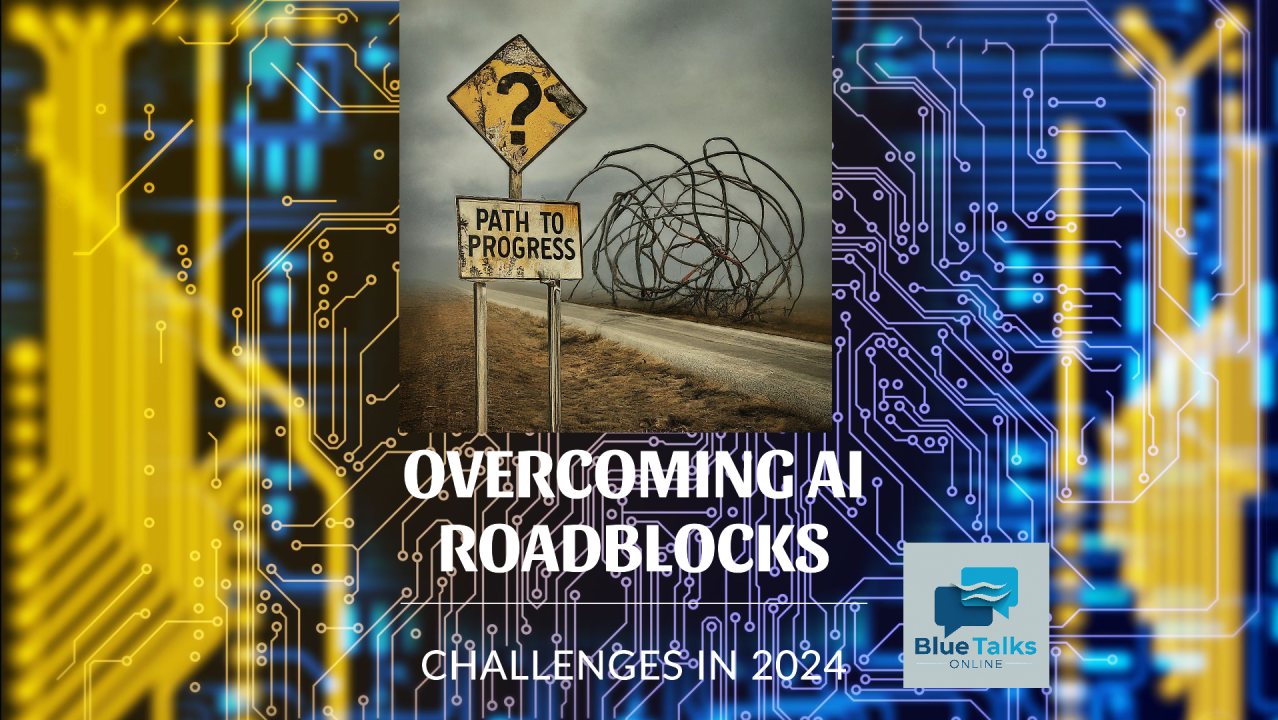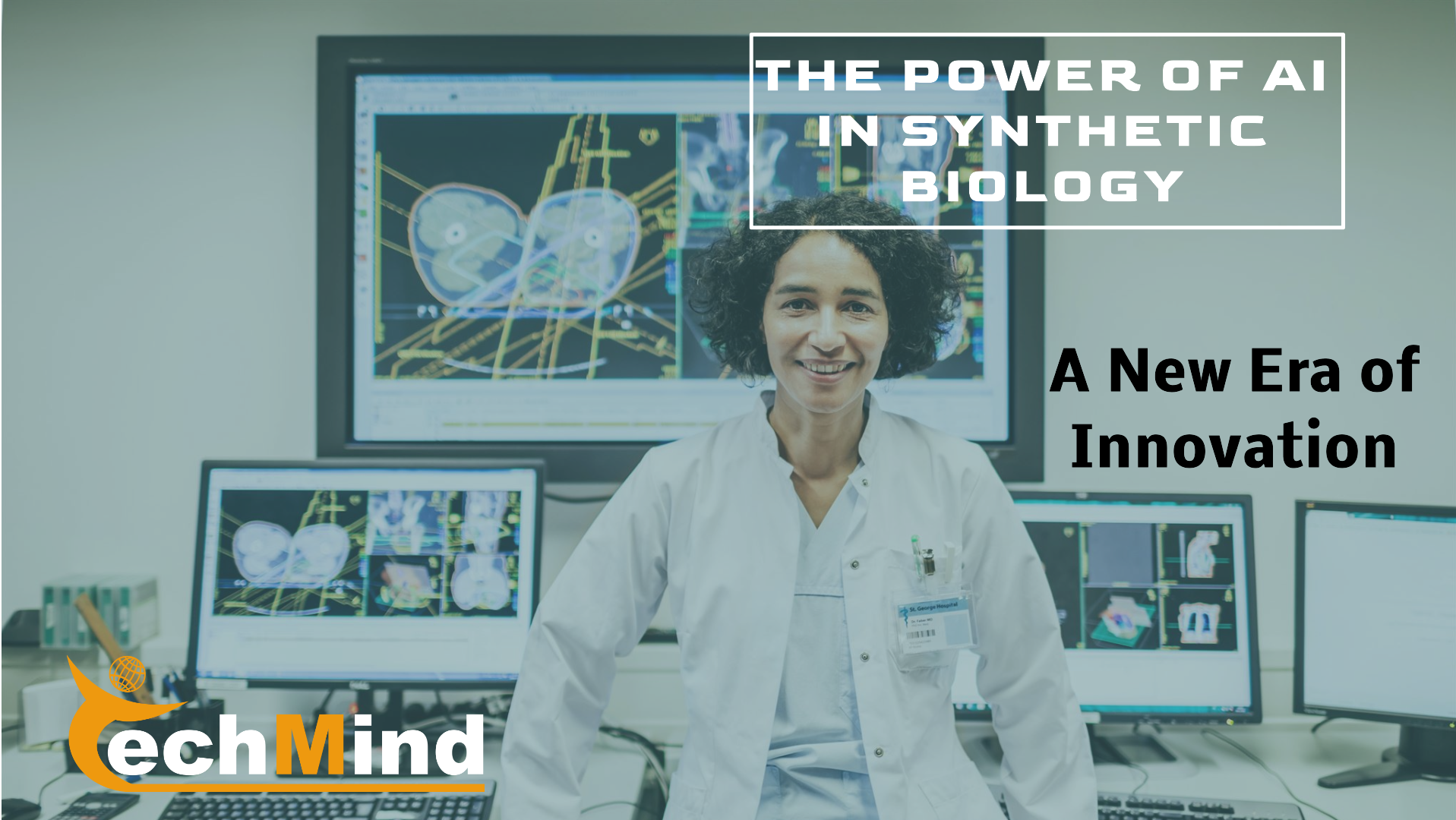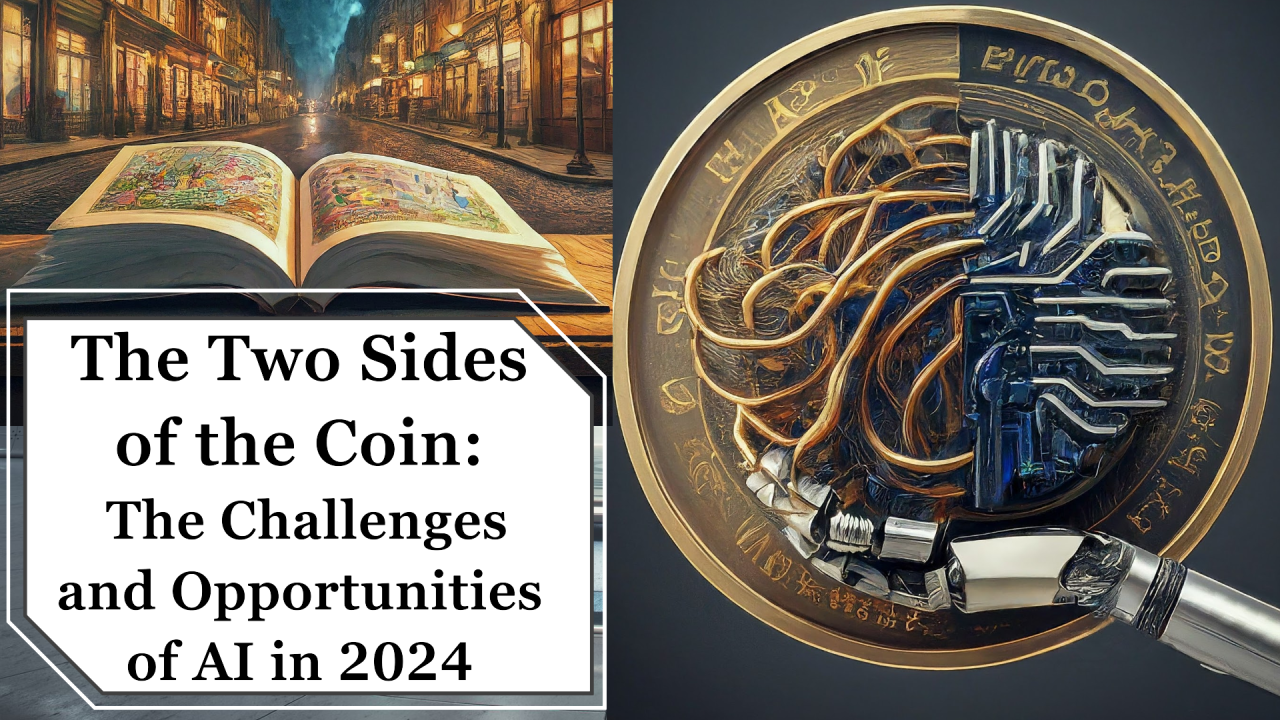The Roadblocks on the Path to Progress: Challenges of Artificial Intelligence in 2024
As artificial intelligence (AI) continues its rapid ascent in 2024, its transformative power is undeniable. However, this progress is not without its hurdles. From ethical concerns to technical limitations, AI faces a range of challenges that must be addressed to ensure its responsible and beneficial development.
Bias and Fairness: The Pitfalls of Algorithmic Prejudice
One of the most pressing challenges in AI is the issue of bias. AI algorithms are only as good as the data they are trained on. If that data contains inherent biases, the resulting AI system will perpetuate those biases in its decision-making. This can lead to discriminatory outcomes in areas like loan approvals, facial recognition software, and even criminal justice. In 2024, mitigating bias will require rigorous data auditing and the development of fairer AI models.
Transparency and Explainability: Demystifying the Black Box
Many AI systems, particularly those based on deep learning, are complex and opaque. It can be difficult to understand how they arrive at their decisions, making it challenging to identify and address potential errors or biases. This lack of transparency can erode trust and hinder the adoption of AI. In 2024, researchers are focusing on developing “explainable AI” techniques to shed light on the inner workings of these complex systems.
The Security Conundrum: Protecting Against AI-Powered Attacks
As AI becomes more sophisticated, so too do the potential threats. Malicious actors could exploit vulnerabilities in AI systems to launch cyberattacks, spread misinformation, or manipulate data for personal gain. In 2024, cybersecurity measures will need to evolve to address these new threats. Developing robust AI security protocols and fostering international cooperation will be crucial.
The Human Factor: Addressing Job Displacement and the Future of Work
The rise of automation powered by AI raises concerns about job displacement. As AI takes over repetitive tasks, some jobs will undoubtedly become obsolete. However, AI may also create new opportunities in areas like AI development, data analysis, and human-machine collaboration. In 2024, policymakers and educators will need to focus on reskilling the workforce and creating a smoother transition to a more AI-driven future.
The Ethical Quandary: Navigating Artificial sentience and Moral Implications
While still a distant horizon, the possibility of artificial general intelligence (AGI), or truly sentient machines, raises profound ethical questions. Who will be responsible for the actions of an AI? What rights, if any, should AI possess? These are complex issues that society needs to begin grappling with today. In 2024, establishing ethical frameworks for AI development will be critical for ensuring a future where humans and machines coexist responsibly.
Conclusion: Working Towards a Brighter AI Future
The challenges facing AI in 2024 are significant, but not insurmountable. By fostering open dialogue, prioritizing ethical considerations, and investing in responsible development, we can ensure that AI continues to be a force for good, driving progress and improving our lives. The future of AI is not predetermined, and the choices we make today will determine the path we walk.
#AI #ArtificialIntelligence #AGI #ArtificialGeneralIntelligence #MachineLearning #DeepLearning #NeuralNetworks #Technology #FutureofTechnology #AIethics #AGIethics #MachineLearningEthics #AIrisks #AGIrisks #Superintelligence #Automation #JobDisplacement #SocietalImpact #AIbenefits #AGIbenefits #Breakthroughs #Science #Healthcare #ClimateChange #AItransparency #ResponsibleAI #ResponsibleDevelopment



